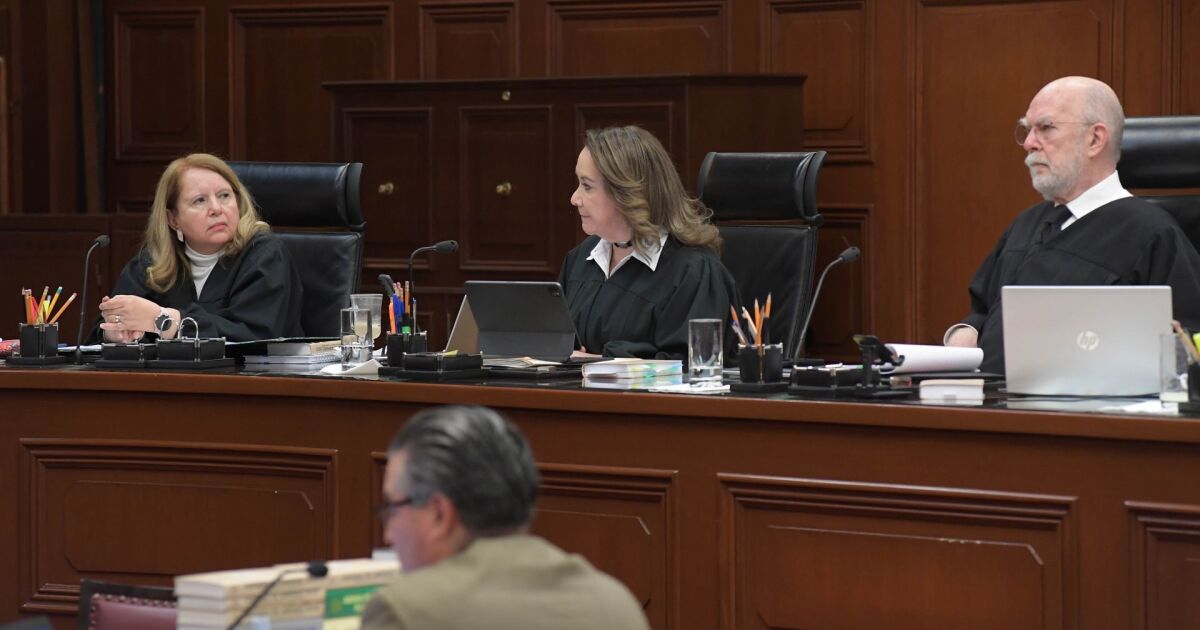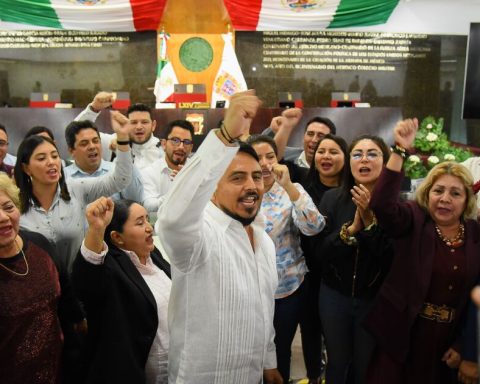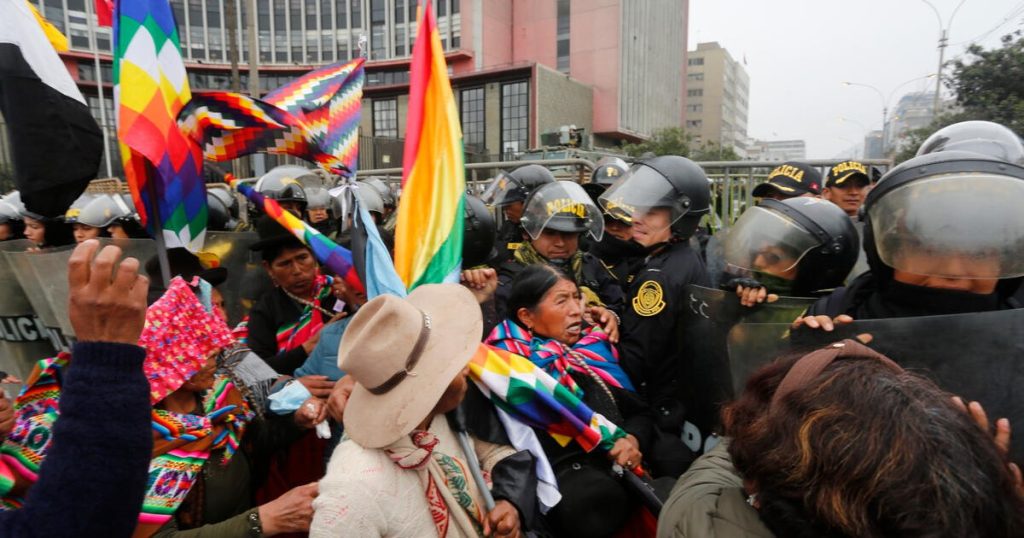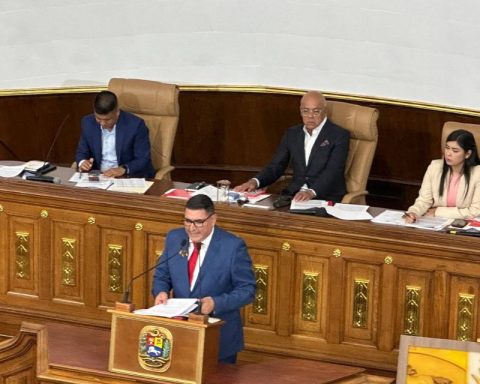Minister González Alcántara Carrancá mentioned that the reform does not imply a change to solve the problems that plague the administration of justice, but rather it politicizes judicial life.
“Let us not, gentlemen, turn the ballots into a revalidation of influence peddling. This problem, the core problem of the initiative, is not resolved by phasing in its implementation. We should not keep judges and magistrates on death row, violating their human rights,” he said.
At the forum held in the Chamber of Deputies, he commented that this reform was the result of the anger generated by the SCJN ruling on the National Guard, and argued that this resolution was based on what the Constitution states.
“Gentlemen, we know that this situation and the unrest were created by a resolution of the Court and that is why everything is aimed at changing the structure of the Court. We cannot pretend that a resolution that adhered to the Constitutional norm in the case of the National Guard did not cause any discomfort. This is the consequence of the unrest of those who exercise power and we should reflect on whether it is in our interest as a society to change everything,” he declared.
He also suggested that, since direct voting is already an “irreducible fact”, the ballot boxes should be used to evaluate the performance of judges halfway through their term, since he said that the popular vote should not be a tool to convert “friends of power” into judges.
“Let us use the ballot box to decide whether judges and magistrates have satisfactorily performed their work and should therefore remain in office or be removed. The popular vote should not be a tool to turn friends of power into judges or magistrates. On the contrary, the popular vote can serve to reward or even punish judges trained in the judicial career and thus make them accountable to society,” he said at the seventh forum.
Meanwhile, Minister Yasmín Esquivel Mossa agreed with González Alcántara Carrancá in proposing that a transitional article be added to the reform to establish that both circuit magistrates and district judges currently in office participate in an election day for the recall of office within the electoral district in which they serve.
“In order to revoke their appointment, if the majority of citizens so decide, within a participation of at least 40% of the people registered in the corresponding Nominal List of Voters, which is the percentage provided for constitutionally in the case of the revocation of the mandate of the President of the Republic, or the percentage that this Sovereignty considers appropriate,” he said.
Otherwise, Minister Lenia Batres pointed out that reform of the Judiciary is necessary, because there is nepotism in it, because she assured that 49% are family members according to data, she said, from the Federal Judicial Council (CJF).
In his participation in the reform forum in the Chamber of Deputies, he pointed out that in 2022, in 67% of the courts and tribunals, there were employees with some family relationship in the Judiciary; 23% of the people had more than four relatives working in the institution, and the magistrates have on average four relatives in the jurisdictional bodies.
“Since 1995, judges and magistrates have been appointed through closed competitions in which only people who already work in the Judiciary can participate. These competitions, rather than a mechanism for selecting the best legal professionals, have functioned as a career ladder for those who are already part of the Judiciary,” he said.
















